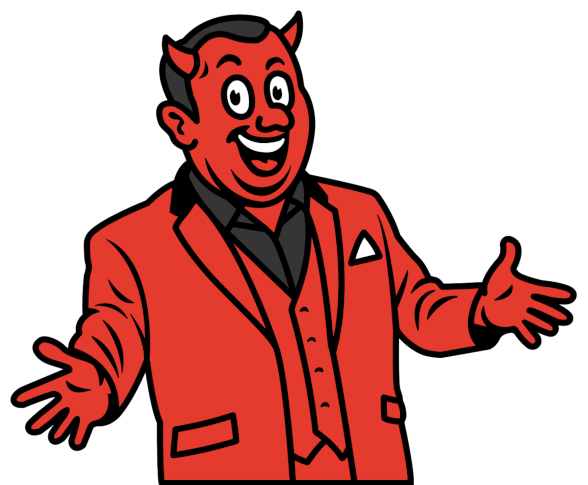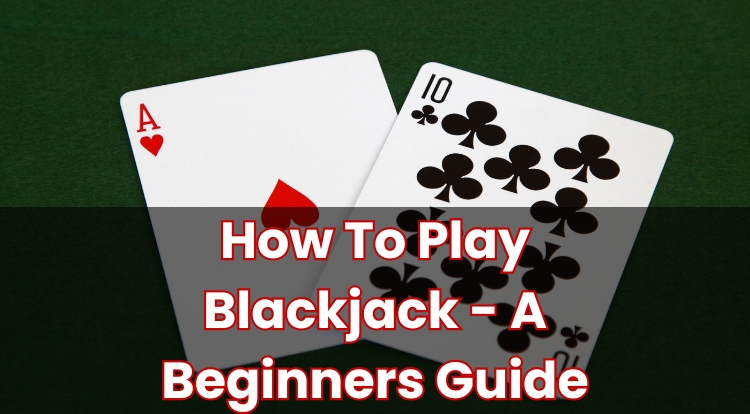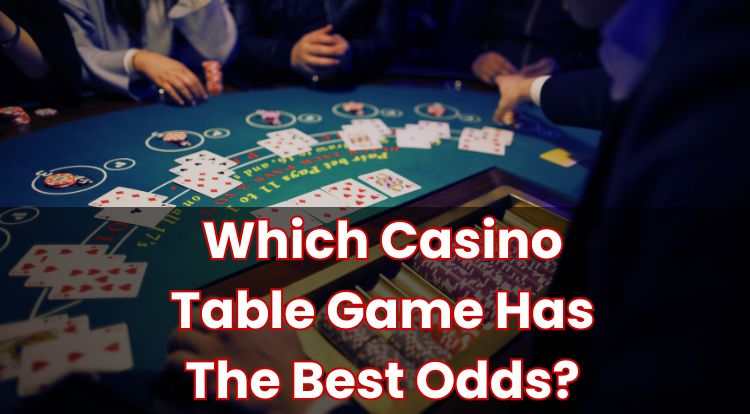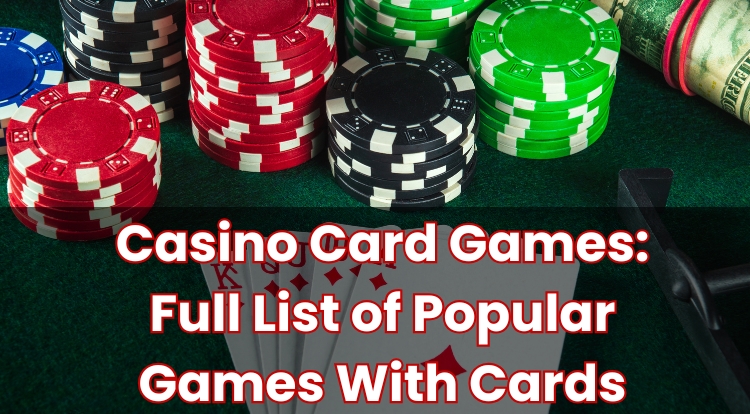How Does The Casino Get An Edge In Blackjack?
Blackjack is a popular card game with a simple goal: get a hand as close to 21 as possible without going over. Many players think they can beat the element of chance involved by making the best decisions based on the cards they’re dealt. However, there’s more to the game than meets the eye.
In any casino game, including blackjack, players may notice the odds are not quite in their favour. Casinos ensure they have a slight advantage, known as “the house edge”. Understanding how this works may be beneficial to those taking part.
In this blog post, we will explore how casinos achieve this edge in blackjack. Whether you are a beginner or experienced player, grasping this concept is helpful for anyone wishing to better understand the game and make informed choices.
What Is The House Edge?
The house edge is a key concept in casino games, including blackjack. It represents the built-in advantage that the casino has over players. Essentially, it is the percentage of each wager that the casino might expect to keep, on average, over the long run.
In blackjack, the house edge is influenced by the specific rules of the game being played. Even small rule variations might affect this edge. For instance, the number of decks used or whether the dealer hits or stands on a soft 17 can make a difference.
Typically, the house edge in blackjack is lower than in many other casino games. However, it is important to note that even a small edge means the casino will likely come out ahead over many hands, even if some players win individually.
Understanding the house edge can help players set realistic expectations. While players might hope for a winning streak, knowing the house edge can remind them that the odds favour the casino over time.
How Do Casinos Have an Edge In Blackjack?
Casinos achieve an edge in blackjack through the rules by which the game is played. One of the most significant aspects is that players must act before the dealer. This means if a player goes over 21, they lose immediately, even if the dealer ends up going over 21 as well.
Another factor is the rule variations that might alter the house edge. Different casinos may have their own set of rules regarding blackjack, such as the number of decks used, whether the dealer stands or hits on a soft 17, or if players can double down after splitting. Each of these rules subtly shifts the odds in favour of the casino.
How Much Edge Does a Casino Have In Blackjack?
The edge that a casino has in blackjack is generally lower compared to other casino games. Typically, the house edge in blackjack can range from 0.5% to 2%, depending on the specific rules in play and how well the player makes decisions.
The house edge is influenced by various rules. For example, games that pay 3:2 for blackjack tend to have a lower house edge than those offering 6:5. The number of decks used also plays a part; games using fewer decks often have a lower house edge.
A player’s decisions, such as when to hit, stand, or double down, may reduce the edge. Nonetheless, even with the best decisions, the odds will still slightly favour the casino in the long run.
Understanding the house edge may help players to approach the game with realistic expectations. While players might experience winning sessions, the built-in house edge means the casino has a slight advantage in the long run.
Why Does The Dealer Always Win In Blackjack?
It’s important to clarify right away: the dealer doesn’t always win in blackjack. However, the way the game is structured does give the dealer a slight advantage over time.
One key reason is that players must act first. If a player goes over 21, they lose their bet immediately, regardless of how the dealer plays their hand. This rule is a significant factor contributing to the dealer’s advantage.
The dealer also has fixed rules to follow, such as hitting until reaching at least 17. This predictability reduces the chances of players benefiting from strategic errors, which tend to be more common when players make decisions.
While players may occasionally win hands or go on winning streaks, the overall structure of the game and these rules mean that the dealer benefits from a built-in house edge. Over many rounds of play, this advantage becomes more apparent.
Remaining aware of this edge helps players to set realistic expectations. Incorporating responsible gambling practices, such as setting time and budget limits, ensures that players can continue to appreciate the game while keeping play at a level they’re comfortable with.
Is There a Secret To Winning Blackjack?
The idea of a secret to winning blackjack is appealing, but the reality is a bit different. There is no guaranteed way to win every time in blackjack.
Players might improve their chances by effectively implementing optimal basic strategy. This involves making the best possible decisions based on their hand and the dealer’s visible card. Using this strategy can help minimise the house edge to around 0.5-1%, but it does not eliminate it entirely.
It’s important to remember that blackjack still has an element of chance. The outcome of each hand is influenced by how the cards are dealt, which cannot be predicted or changed.
Players may still experience a mix of winning and losing hands. This is a normal part of the game.
Approaching blackjack with an understanding of these points can help keep expectations realistic. While using optimal basic strategy might enhance the experience, accepting the role of chance and setting personal limits ensures responsible play.
*The information provided in this blog is intended for educational purposes and should not be construed as betting advice or a guarantee of success. Always gamble responsibly.





